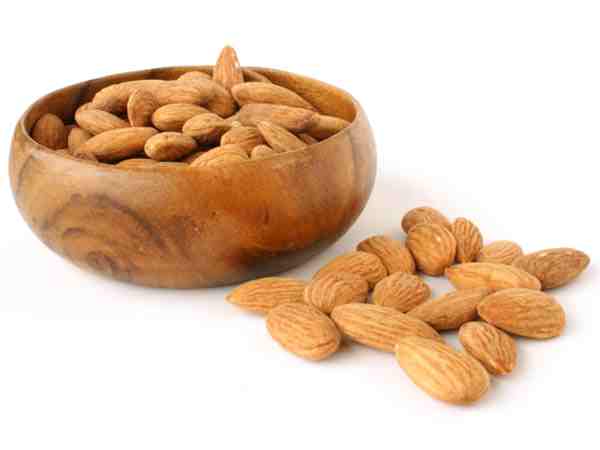Beets are a unique source of phytonutrients called betalains. Betanin and vulgaxanthin are the two best-studied betalains from beets, and both have been shown to provide antioxidant, anti-inflammatory, and detoxification support. The detox support provided by betalains includes support of some especially important Phase 2 detox steps involving glutathione.
By Dr. Mercola
Beets are an ancient, prehistoric food that grew naturally along coastlines in North Africa, Asia, and Europe. Originally, it was the beet greens that were consumed; the sweet red beet root that most people think of as a “beet” today wasn't cultivated until the era of ancient Rome.1
By the 19th century, however, the natural sweetness of beets came to be appreciated and beets began to be used as a source of sugar (reportedly, Napoleon was responsible for declaring that beets be used as a primary source of sugar after the British restricted access to sugar cane).2
Today, sugar beets (unfortunately often genetically modified) are a common raw material used for the production of sugar, but many people are missing out on including them in whole form in their regular diet.
There's good reason to do so, in fact, as beets contain a variety of unique health-boosting nutrients that you may not be getting elsewhere. Plus, they're delicious!
Why Eat Beets? 6 Top Reasons
Beet roots have always been included in my most recommended vegetables list, although they are in the “use sparingly” category because of their high carbohydrate levels.
Although beets have the highest sugar content of all vegetables, most people can safely eat beet roots a few times a week (and their greens in unlimited quantities), enjoying not only their sweet, earthy flavor but also their powerhouse nutrients that may improve your health in the following ways.
1. Lower Your Blood Pressure
Drinking beet juice may help to lower blood pressure in a matter of hours. One study found that drinking one glass of beet juice lowered systolic blood pressure by an average of 4-5 points.3
The benefit likely comes from the naturally occurring nitrates in beets, which are converted into nitric oxide in your body. Nitric oxide, in turn, helps to relax and dilate your blood vessels, improving blood flow and lowering blood pressure.
2. Boost Your Stamina
If you need a boost to make it through your next workout, beet juice may again prove valuable. Those who drank beet juice prior to exercise were able to exercise for up to 16 percent longer.4 The benefit is thought to also be related to nitrates turning into nitric oxide, which may reduce the oxygen cost of low-intensity exercise as well as enhance tolerance to high-intensity exercise.
3. Fight Inflammation
Beets are a unique source of betaine, a nutrient that helps protects cells, proteins, and enzymes from environmental stress. It's also known to help fight inflammation, protect internal organs, improve vascular risk factors, enhance performance, and likely help prevent numerous chronic diseases.5 As reported by the World's Healthiest Foods:6
“[Betaine's]… presence in our diet has been associated with lower levels of several inflammatory markers, including C reactive protein, interleukin-6, and tumor necrosis factor alpha. As a group, the anti-inflammatory molecules found in beets may eventually be shown to provide cardiovascular benefits in large-scale human studies, as well as anti-inflammatory benefits for other body systems.”
4. Anti-Cancer Properties
The powerful phytonutrients that give beets their deep crimson color may help to ward off cancer. Research has shown that beetroot extract reduced multi-organ tumor formations in various animal models when administered in drinking water, for instance, while beetroot extract is also being studied for use in treating human pancreatic, breast, and prostate cancers.7
5. Rich in Valuable Nutrients and Fiber
Beets are high in immune-boosting vitamin C, fiber, and essential minerals like potassium (essential for healthy nerve and muscle function) and manganese (which is good for your bones, liver, kidneys, and pancreas). Beets also contain the B vitamin folate, which helps reduce the risk of birth defects.
6. Detoxification Support
The betalin pigments in beets support your body's Phase 2 detoxification process, which is when broken down toxins are bound to other molecules so they can be excreted from your body. Traditionally, beets are valued for their support in detoxification and helping to purify your blood and your liver.
Remember all those legendary Russian centenarians? Beets, frequently consumed either pickled or in borscht, the traditional Russian soup, may be one reason behind their long and healthy lives. These colorful root vegetables contain powerful nutrient compounds that help protect against heart disease, birth defects and certain cancers, especially colon cancer.





Leave a Reply